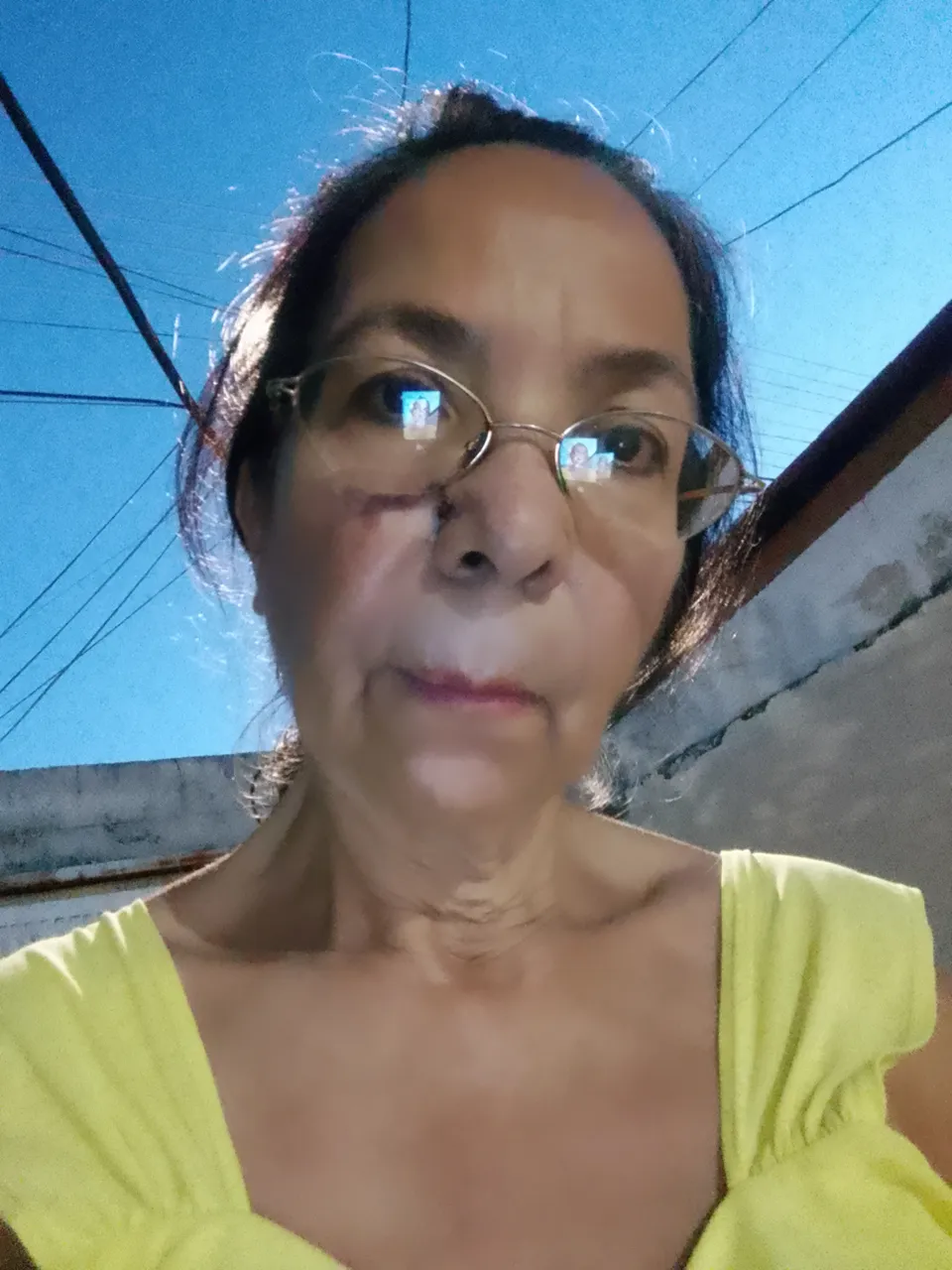Por aquí mi entrada en la iniciativa número 34, a la cual nos invita @charjaim
Tragos amargos, ¿a qué le das permiso para que saque lo peor de ti?


Cuando se tiene una herida abierta, esa parte va a estar vulnerable y susceptible de ser dañada nuevamente.
Y el problema no es la molestia nueva, es la que ya existía que sigue ahí.
Esto es así, tanto a nivel físico como mental.
Una persona convalesciente por una intervención quirúrgica o por una herida traumática, siempre se va a lastimar en el mismo sitio donde tiene la herida.
Esto ocurre porque este órgano o parte del cuerpo ya tenía un daño, cuando ya estamos sanados , no sentimos ningún dolor exagerado con un simple tropiezo.
Cuando es algo físico la persona se cuida de no tocarse eso, y se aleja de algún posible peligro.
Recuerdo que recién operada de cesárea no podía ni reírme, ni estornudar , ni toser. Ni la risa , el estornudo, ni la tos , eran los culpables de que me causara molestia, era la herida aún no sanada.
Igual ocurre cuando son heridas por algún trauma de la infancia no sanado.
La responsabilidad de curar esa herida, no es de nadie afuera.
Cuando algo nos incomoda tenemos que sanarnos nosotros mismos.
Es una perdida de tiempo andar por la vida con un enojo perenne, por qué este o aquel me faltó el respeto.
Simplemente, ponga límites, alejese de ahí y a ese irreverente algún ser más irrespetuoso que él lo pondrá en su sitio.
Si me pongo a discutir, con alguien por qué dijo algo que no me gustó, esa persona ya sabe cuál es mi punto débil y seguirá molestando, yo veo dentro de mi , busco por qué eso me causó molestia y lo sano.
Esa persona llegó a mi vida porque yo la atraje, por qué tengo un enfoque en lo que no me gusta, en lugar de enfocarme en lo contrario.
Lo que ocurre tiene la importancia que le damos, de acuerdo a nuestras vivencias y experiencias.
No tenemos por qué darle permiso a nadie para que nos haga sentir mal, cuando nos sentimos mal por algo que alguien hizo, dijo o no, la otra persona no tiene responsabilidad en como elegí sentirme yo.
De la misma forma como busqué sanar mi cuerpo y no exponerme hasta tanto no esté sanado, de la misma manera tengo que blindarme y no andar cuál veleta por la vida.
Cuando uno se sale de las Casillas no es problema de los demás, nadie es responsable de mi falta de control.
Es muy incómodo para los demás, andar cuidando a los otros de que no se enojen.
No hagas esto por qué a fulanito no le gusta, no digas tal cosa, por qué aquel se va a poner bravo.
Hay muchas cosas que claramente no se deben hacer o decir, empezando por las que a cada quien no les gusta o le incomoda.
La gente delicada es la que más tiene actitudes insoportables y se las dan de delicados.
El delicado debe ponerse en lugar del otro y no hacer nada que no le guste, que le hagan, y por ley de atracción, atrae lo que vibre con eso, y dónde no se sienta a gusto, no asista.
En otro orden de ideas , lo beneficioso de lo amargo, ayer supe de una manera para combatir la adicción a comer dulces, el azúcar es más adictiva que la heroína.
Si alguien que me lee, y tiene este problema, pruebe a ver, se trata de comer la cáscara de pomelo, toronja,o mandarina .
Se pone a hervir esa cáscara y se toma esa agua. Ese sabor amargo le hará recuperar, la salud a las papilas gustativas y dejará la adicción a los azúcares, que va en paralelo a la salud perfecta.
Con esta práctica tan simple notará el sabor dulce, de las frutas y tuberculos.

English Version
Bitter pain, what do you give permission to bring out the worst in you?


When you have an open wound, that part is going to be vulnerable and susceptible to being damaged again.
And the problem is not the new discomfort, it is the existing one that is still there.
This is true both physically and mentally.
A person convalescing from a surgical intervention or from a traumatic wound will always get hurt in the same place where the wound is.
This happens because this organ or part of the body already had a damage, when we are already healed, we do not feel any exaggerated pain with a simple stumble.
When it is something physical, the person is careful not to touch it, and moves away from any possible danger.
I remember that, fresh from a C-section, I couldn't laugh, sneeze, or cough. Neither the laughter, the sneezing, nor the coughing were to blame for the discomfort; it was the wound that hadn't yet healed.
The same thing happens when wounds are caused by some unhealed childhood trauma. The responsibility to heal that wound lies with no one else. When something makes us uncomfortable, we have to heal ourselves. It's a waste of time to go through life perpetually angry because this or that person disrespected me.
Simply set boundaries, get away from there, and someone more disrespectful than them will put that disreverent person in their place.
If I start arguing with someone about why they said something I didn't like, that person already knows my weakness and will continue to bother me. I look inside myself, find out why that bothered me, and heal it.
That person came into my life because I attracted them, because I focus on what I don't like, instead of focusing on the opposite.
What happens has the importance we give it, based on our experiences and experiences.
We don't have to give anyone permission to make us feel bad. When we feel bad about something someone did, said, or didn't say, the other person has no responsibility for how I chose to feel. Just as I sought to heal my body and not expose myself until I was healed, in the same way I have to protect myself and not go through life like a weather vane.
When someone goes out of their way, it's not anyone else's problem; no one is responsible for my lack of control. It's very uncomfortable for others to have to worry about others so they don't get angry. Don't do this because so-and-so doesn't like it, don't say this or that, because that person will get angry.
There are many things that clearly shouldn't be done or said, starting with the things that each person doesn't like or feels uncomfortable about.
Delicate people are the ones who have the most intolerable attitudes, and they act like they're delicate. Delicate people should put themselves in the other person's shoes and not do anything they don't like, or let anyone do it to them.
By the law of attraction, they attract what resonates with that, and where they don't feel comfortable, they don't attend. On another note, regarding the benefits of bitterness, yesterday I learned of a way to combat an addiction to eating sweets.
Sugar is more addictive than heroin. If anyone reading this has this problem, try eating the peel of a grapefruit, or tangerine. Boil the peel and drink the water.
That bitter taste will restore the health of your taste buds and help you break your sugar addiction, which goes hand in hand with perfect health.
With this simple practice, you will notice the sweet taste of fruits and tubers.